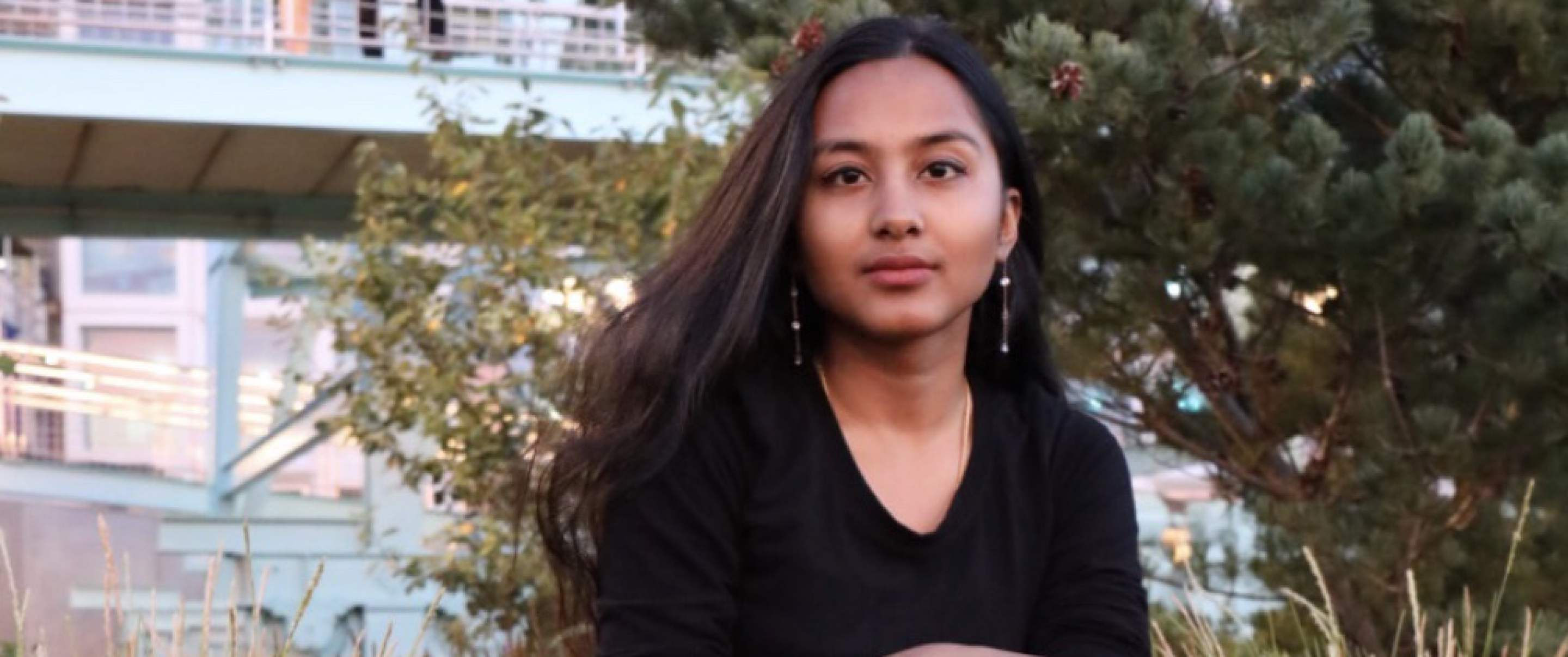
Ishrat (Social & Cultural Analysis)
“When I think of Ishrat,” her college counselor wrote, “I immediately think: Advocate.” That advocacy enabled her to change high schools, and to bring more AP courses to her present school. But it has also had an effect on city policy, rooted in her family’s experience. A few years ago she and her family, who had come here from Bangladesh in search of education, lost their home of 10 years. That experience led Ishrat, as part of her government class at the Urban Assembly Institute of Math and Science for Young Women, to work with City Council members on legislation to prevent gentrification abuses. “Through lobbying representatives, sitting on panels, writing op-eds, petitioning and protesting,” Ishrat wrote, that legislation became law. “Embrace the unknowns, treasure the obstacles, and weave through the hardships,” Ishrat writes, “they may just spark imperative lessons – one being that advocacy and adversity aren’t mutually exclusive. In my life they intersected to instill a profound sense of hope, dedication and promise into me, the promise to effectuate change.” Advocacy, she told us, is “not only fighting for other people, but helping them find their own voice.” Her goal is to become a lawyer.
